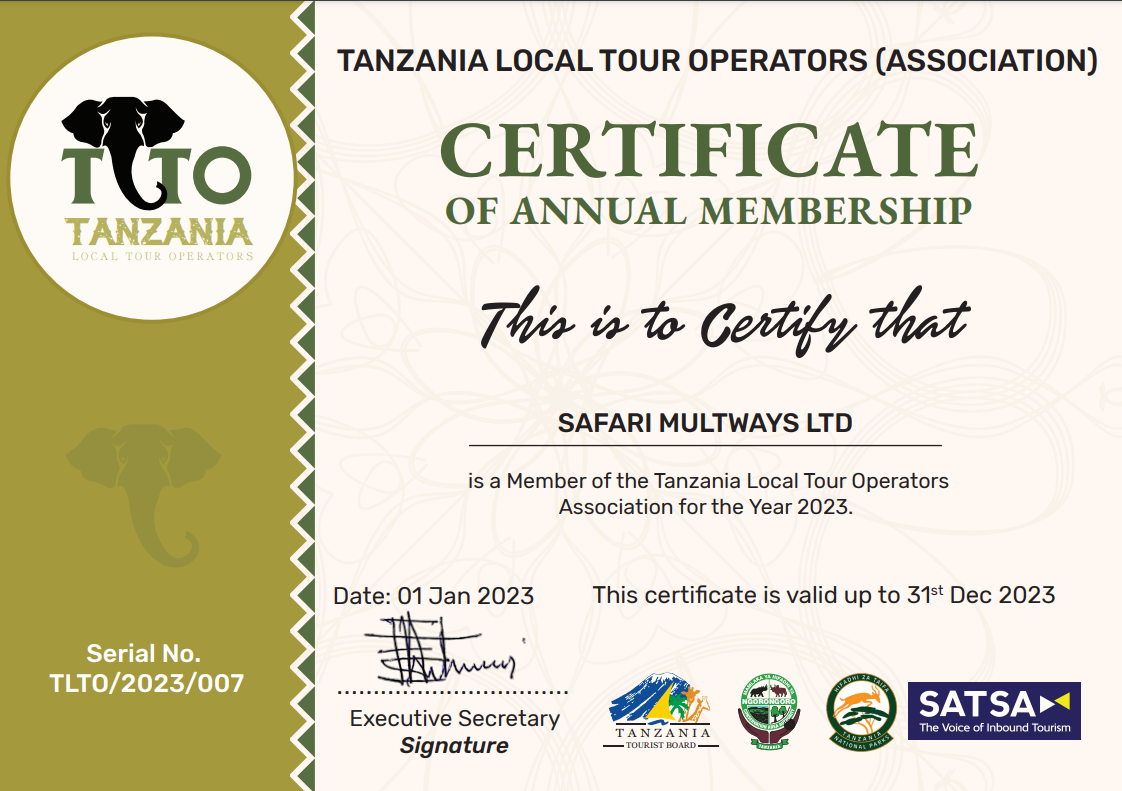Conquering the Challenge: Mount Kilimanjaro Climb Difficulty
The Ultimate Test: Conquering Mount Kilimanjaro’s Difficulty
Mount Kilimanjaro, the tallest peak in Africa, stands as a formidable challenge for those seeking to conquer its summit. Rising majestically to a height of 19,341 feet, this iconic mountain offers a test of endurance, mental fortitude, and physical strength. Climbing Kilimanjaro is a bucket list item for many adventurers around the world, but tackling its difficulty requires careful preparation and determination.
The difficulty of climbing Mount Kilimanjaro lies not only in its impressive height but also in its diverse landscapes and unpredictable weather conditions. Climbers must navigate through five different climate zones, from tropical rainforests to alpine deserts, before reaching the snow-capped summit. This variety of terrains poses a unique challenge, as climbers must acclimate to changing altitudes and temperatures along the way.
As climbers ascend Kilimanjaro, they may also face symptoms of altitude sickness, such as headaches, nausea, and fatigue. Proper acclimatization is crucial to avoiding these potentially dangerous side effects and ensuring a successful summit. Climbers must pace themselves, stay hydrated, and listen to their bodies to prevent altitude-related illnesses and increase their chances of reaching the top.
Defying Limits: Overcoming Challenges on Kilimanjaro Summit
Despite the challenges that Mount Kilimanjaro presents, many climbers are drawn to the mountain for the sense of accomplishment that comes with conquering its summit. The journey to the top is not just a physical feat but a mental and emotional one as well. Climbers must push past their limits, dig deep within themselves, and find the strength to continue when the going gets tough.
One of the most difficult aspects of climbing Mount Kilimanjaro is the mental challenge it poses. As climbers trek through long days and cold nights, they must stay focused and motivated to keep moving forward. The summit push, in particular, can test even the most seasoned climbers, as fatigue and altitude take their toll. It is in these moments of struggle that climbers must draw upon their inner reserves of determination and resilience to push through to the top.
Overcoming the challenges of Mount Kilimanjaro requires not only physical and mental strength but also a supportive team and experienced guides. Climbers must rely on their fellow trekkers for encouragement and motivation, as well as trust in the expertise of their guides to navigate the mountain safely. With the right preparation, mindset, and support system, climbers can defy the odds and achieve their goal of standing on the roof of Africa.
In conclusion, conquering the challenge of climbing Mount Kilimanjaro is no easy task, but the rewards are well worth the effort. By pushing past their limits, overcoming obstacles, and staying determined in the face of adversity, climbers can reach the summit and experience the unparalleled sense of accomplishment that comes with conquering Africa’s highest peak. So, lace up your boots, pack your gear, and prepare to tackle the ultimate test of Mount Kilimanjaro’s difficulty.



